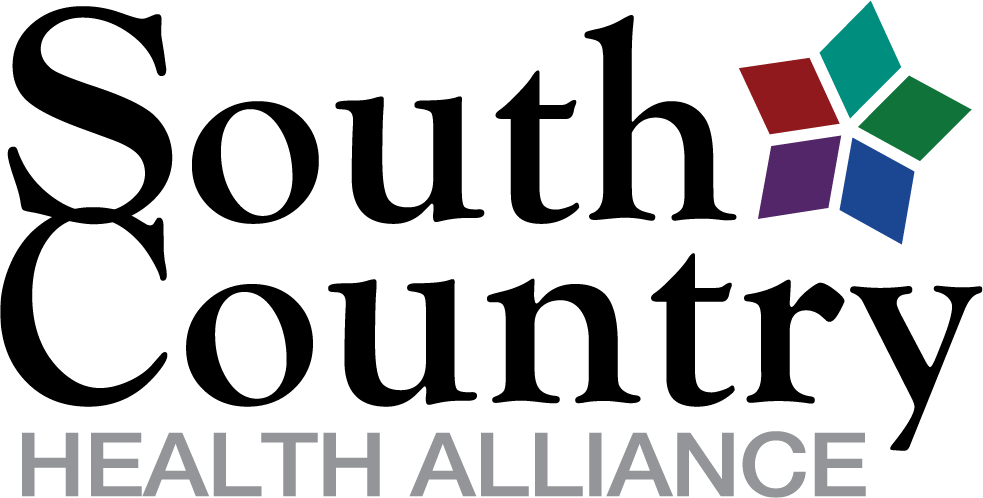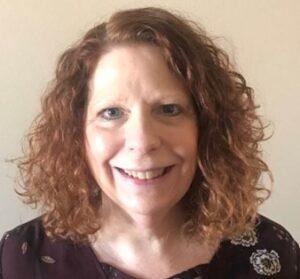Community care connectors are county employees of public health or human services who work directly with South Country staff and with South Country members in their country. They are experts in South Country benefits and often are the first point of contact for members who need help.
Q: How long have you been a connector?
A: For a little over 2 years
Q: What does being a connector mean to you?
A: It means having the opportunity to serve the community by providing resources, education and opportunities that will help meet basic needs, medical needs as well as enhance the quality of life.
Q: Describe the ways you help South Country members.
A: I call members after they have been in the hospital to make sure they get their medications and any equipment they need, answer any questions they have or address any aftercare concerns. I also call people who have recently visited the ER (emergency room) and connect them with a primary care provider to get any follow up care they needed. I help address barriers to getting needed medical care – such as transportation or trouble getting needed prescriptions. I mail out resource information and vouchers to new mothers to help them care for themselves and their newborns. Recently I helped a member get medical care he needed. His needs were challenging and unique, so I organized a team of professionals who brought their expertise to the situation to get transportation to and from his medical appointments and to apply for programs that allowed him to get his medical and activities of daily living met.
“I really enjoy being a community care connector. It provides me with opportunities to be creative and helpful to others. I enjoy the variety of tasks I get to do. Most of all I really enjoy the connections I have with people in the communities we serve."

